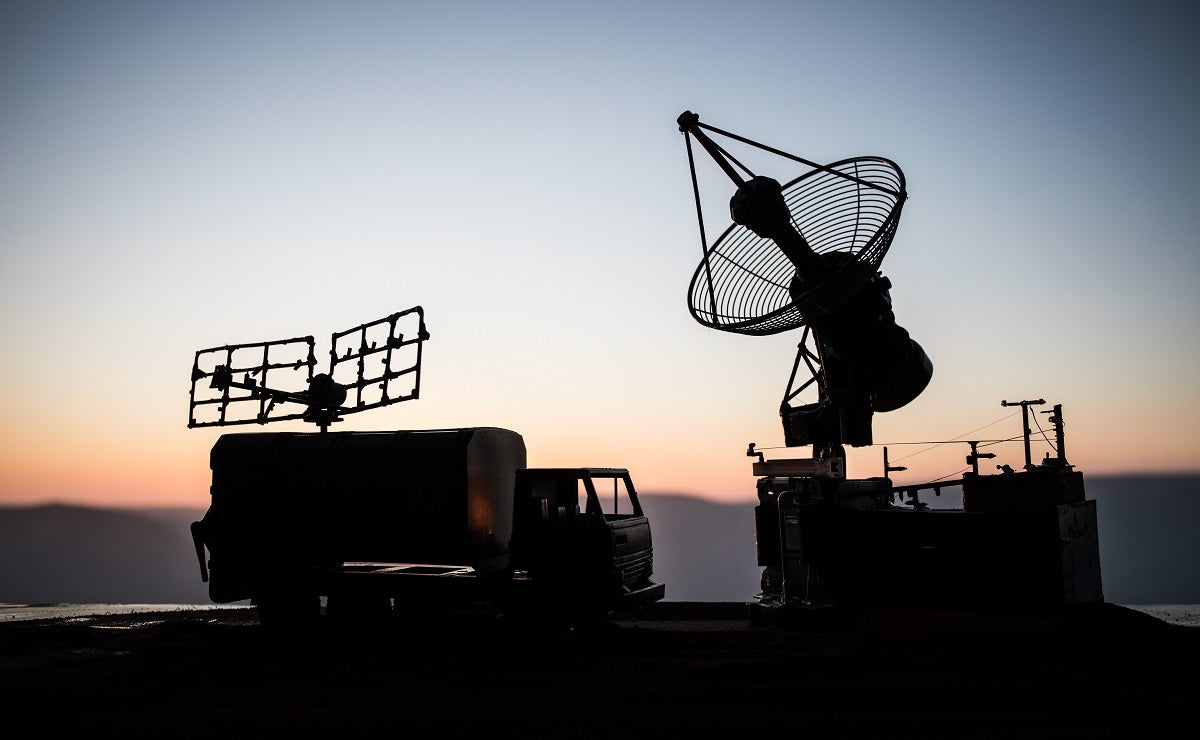
From military aircraft to radar applications to satellite communication links, we rely on cable assemblies to transmit signals between multiple devices, internally in a single device, or as part of testing processes.
The defence industry involves working in adverse environments, so it demands ruggedness and reliability from its equipment. Cable assemblies must be able to withstand these environmental aspects without affecting electrical performance. Applications in the defence industry will often take place outdoors or in an uncontrolled environment, meaning that some cable assemblies will require an armoured option, while others will need to be designed to withstand significant temperature changes without compromising performance.
When it comes to cable assemblies, Smiths Interconnect, a leading supplier of high reliability electrical interconnect solutions, primarily focuses on Mil-STD 348 RF connectors. These devices are typically used in defence, space, and testing applications for transmission of RF signals used for communication and information transmission.
Smiths Interconnect’s Lab-Flex cable assembly product portfolio comprises a range of robust high-performance solutions for a number of applications and industries. To meet the high demands of the defence industry, Smiths Interconnect developed the Lab-Flex T series, specifically designed to be low-loss, high-frequency cables that maintain phase stability over a wide array of operating temperatures.
According to Smiths Interconnect Product Line Manager Andrew Breslin: “The T series is designed for phase stability over temperature. Most standard cables, over a temperature range, will deviate in the electrical length of the assembly. The T series remains much more stable in the same temperature range, allowing the phase characteristics to remain in sync with the other cables nearby”.
“Phased array radar applications will benefit from the use of this type of cable because there doesn’t have to have any external phase changing or phase matching requirements. When you have a cable like this, all the cables within a certain group will remain in phase throughout the temperature range and, as you can imagine, a radar system sees a wide range of temperatures and relies on that phase to be consistent throughout the use of the unit.”
This cable significantly outperforms standard PTFE based cables in terms of phase change between temperatures of -50C and +125C. The phase response near room temperature is almost flat and cables tested through a wider temperature range (-40° C to +85° C) experience only 600ppm delta. The Fluoropolymer dielectric found in Lab-Flex T cable also has excellent phase change over flexure characteristics.
For applications that require phase stability with uncompromised performance, Lab-Flex T is the ideal solution. Typically, this includes most radar applications, specifical communication transmissions, and certain test and measurements applications.
Tim Meehan, Technical Applications Engineer at Smiths Interconnect, adds: “The phase being so stable can also help with the movement of the radar and the tracking of the radar because they’re so closely matched.”
Smiths Interconnect provides industry-leading service along with its interconnect solutions, working closely with customers across a broad portfolio of products to build cable assemblies that meet the customer’s specific requirements.
To find out more, download the brochure below
